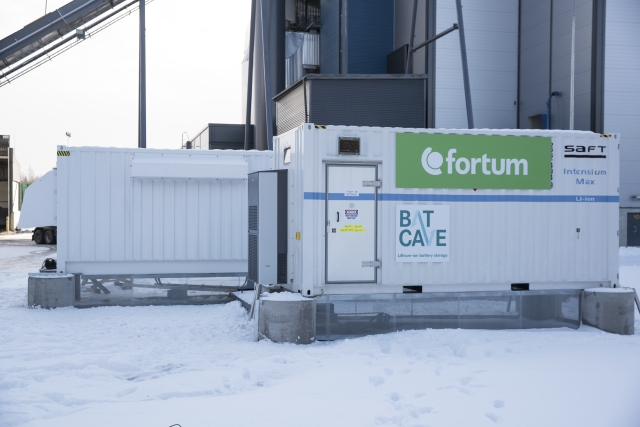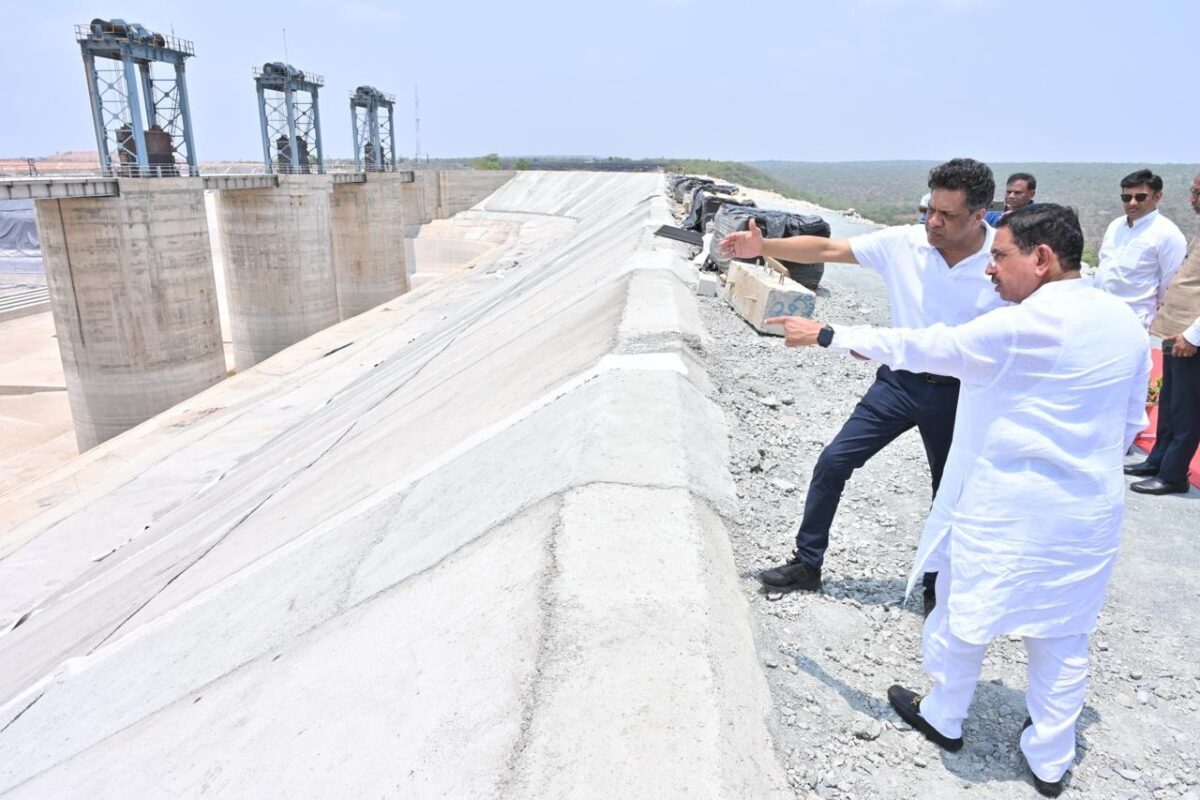State-owned Madhya Pradesh Power Management Company Limited (MPPMCL)—a holding company for the three Discoms in Madhya Pradesh—has invited proposals from domestic and global players to demonstrate and discuss up to 500 MW energy storage solutions, including deployment of microgrids, for grid stabilisation and energy forecasting.
The storage plant should be capable of at least 8 hours of discharge per day and 3 hours of continuous discharge.
The participants can propose any storage technology—including chemical batteries (lithium ion, advanced lead acid, etc), pumped hydro storage, compressed air energy storage and flywheels—to supply energy to MPPMCL.
However, preference would be given to those technologies and companies which have a demonstrable track record, and are expected to experience significant cost-performance improvements with scale.
Out of Madhya Pradesh’s total installed power capacity of 19,796 MW as on January 31, 2019, 3,827 MW (19.3%) came from renewable sources. The share of renewable power in the State’s electricity mix increased from mere 2.8% in 2011-12 to 19.3% in 2018-19.
The grid-scale energy storage is expected to play a pivotal role in providing ancillary services, balancing real-time demand and supply, integrating renewable energy and improving stability of electricity grids.
India presents a potential investment opportunity of $50 billion in battery storage facilities that could help integrate renewable energy into the grid, replace polluting diesel-fueled power and boost electric mobility, according to Andres Gluski, CEO of American energy firm AES Corp, who launched India’s first 10 MW battery-storage system to support the grid in national capital New Delhi. The grid-scale battery energy storage system, at Tata Power Delhi Distribution’s Rohini substation, was built by AES in partnership with Mitsubishi Corp. for almost $9 million..
This content is protected by copyright and may not be reused. If you want to cooperate with us and would like to reuse some of our content, please contact: editors@pv-magazine.com.









By submitting this form you agree to pv magazine using your data for the purposes of publishing your comment.
Your personal data will only be disclosed or otherwise transmitted to third parties for the purposes of spam filtering or if this is necessary for technical maintenance of the website. Any other transfer to third parties will not take place unless this is justified on the basis of applicable data protection regulations or if pv magazine is legally obliged to do so.
You may revoke this consent at any time with effect for the future, in which case your personal data will be deleted immediately. Otherwise, your data will be deleted if pv magazine has processed your request or the purpose of data storage is fulfilled.
Further information on data privacy can be found in our Data Protection Policy.